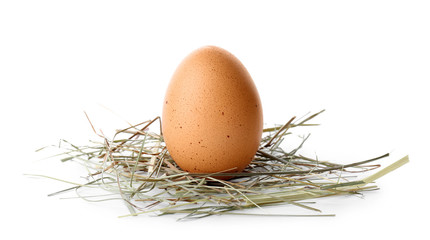
Love & Eggs are best, When they are FRESH
Since the domestication of the chicken, people have been enjoying and nourishing
themselves with eggs.As a long time symbol of fertility and rebirth, the egg has
taken its place in religious as well as culinary history.









 Antibiotic Free
Antibiotic Free Odourless
Odourless Fresh from Farm
Fresh from Farm Omega-3 Fatty Acids
Omega-3 Fatty Acids







